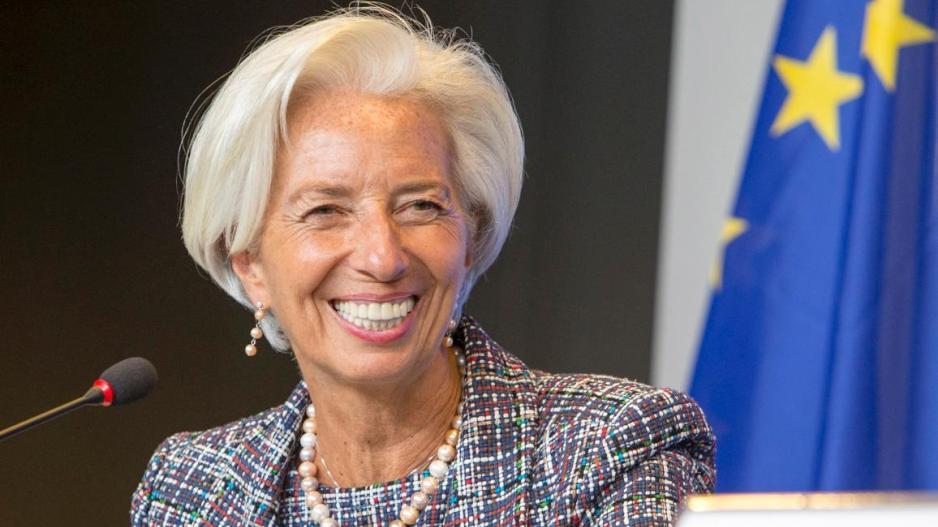First quarter GDP reaches €6.2 billion, inflation decreases
Cyprus’ GDP amounted to €6.2 billion in the first quarter of the year, showing a 3.4% increase on an annual basis when adjusted for volume and seasonal fluctuations.
Compared to the fourth quarter of 2022, the growth rate (seasonally adjusted) stands at 0.8%. According to data released by the Statistical Service, the wholesale and retail trade, repair of motor vehicles and motorcycles, transportation and storage, and accommodation and food service activities showed the highest increase, with a 7.2% annual growth rate. The income generated in these sectors reached €1.19 billion, accounting for 19.2% of the overall gross income generated in the first quarter.
The information and communication sector also experienced a significant percentage increase of 5.8% on an annual basis, with income reaching €0.57 billion. Furthermore, the financial and insurance activities sector saw a 5.7% increase, with income reaching €0.47 billion during the first quarter. In addition, the property management activity recorded a 0.7% increase, generating an income of €0.49 billion.
On the other hand, the sectors which showed a negative growth rate were the following: the mining and quarrying sector, electricity, gas, steam, water and air conditioning supply, sewerage, as well as waste management, remediation and real estate activities, the public administration and defense, compulsory social security, education, human health and social work activities sectors.

Meanwhile, the annual inflation rate decreased to 3.01% in May, continuing its downward trend for the seventh consecutive month. This decrease was primarily driven by a moderation in the prices of petroleum products. In fact, inflation reached its lowest point in the last two years.
According to the Statistical Service data, the Consumer Price Index increased by 0.33 points, reaching 114.72 points in May 2023 compared to 114.39 points in April 2023.
For the period of January to May 2023, the Consumer Price Index increased by 5.2% compared to the same period last year.
Regarding changes in economic categories, the electricity sector experienced the highest annual increase of 8.3%, while the Petroleum Products category had the largest negative variation with -14.0%.
The categories of food and non-alcoholic beverages (1.76) and housing, water, electricity, and gas (0.72) had the greatest impact on the change in the Consumer Price Index in May 2023 compared to May 2022, while transportation (-0.96) had the largest negative impact.
The food and non-alcoholic beverages category (0.35) had the most significant positive effect on the change in the Consumer Price Index compared to the previous month, while the petroleum products category (-1.67) had the greatest impact on the change in the Consumer Price Index in May 2023 compared to the index in May 2022.

The inflation rate in the Eurozone remains persistently high, according to Christine Lagarde, the President of the European Central Bank (ECB). Lagarde stated on Thursday that the ECB plans to continue raising interest rates, albeit at a more gradual pace. Recent data released on Thursday indicates a sharp drop in inflation in the Eurozone, reaching 6.1% in May. This decline can be attributed to lower energy prices. However, despite this decrease, the inflation rate remains significantly above the ECB's target of 2%.
Lagarde emphasized that inflation continues to be at an alarming level. In response, the ECB, like other central banks worldwide, embarked on an aggressive cycle of interest rate hikes last year to combat rising prices. Lagarde highlighted that the ECB's rate increases have been the most rapid in its history, totaling 3.75 percentage points since July of the previous year.
While energy prices have recently experienced a decline due to the aftermath of Russia's invasion of Ukraine, Lagarde pointed out that higher wage demands are now emerging as a significant contributor to inflation, since workers across Europe are seeking higher wages to counterbalance the escalating cost of living. Lagarde particularly noted the prominence of this trend in Germany, the largest economy in Europe, where trade unions have successfully negotiated substantial wage increases in recent months.
Lagarde cautioned that there are no clear indications that the underlying inflation, which excludes volatile food and energy prices, has reached its peak. The next ECB meeting is scheduled for June 15, while experts anticipate a 25 basis point increase in the ECB interest rate.






